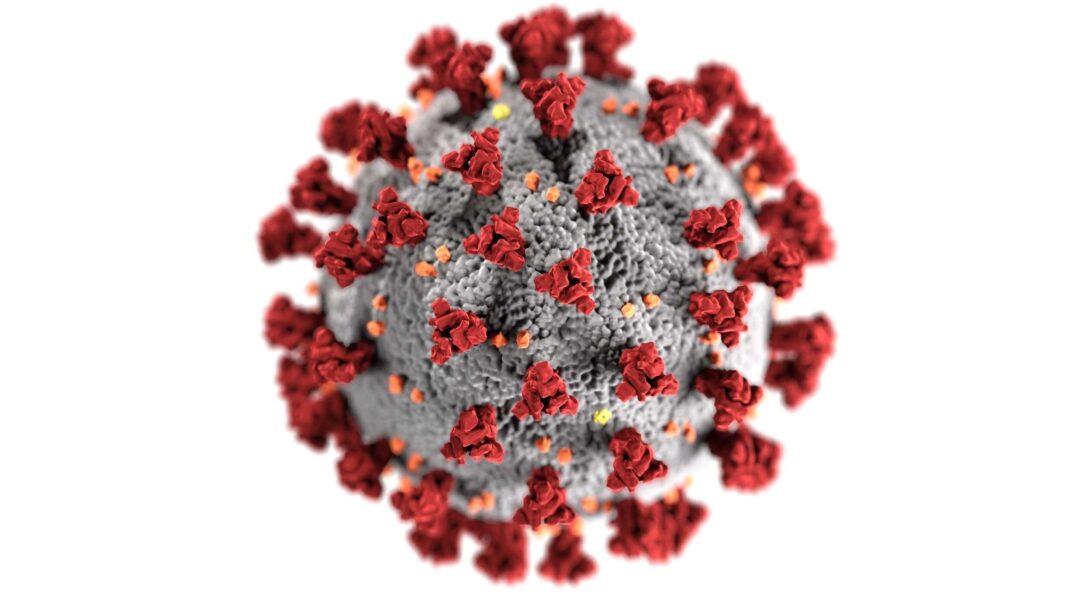There’s been a lot of press recently about the different ways coronavirus has impacted various ethnic communities. We’ve already written that the virus doesn’t care who you are–it infects all without prejudice. However, as more data comes in, what happens after you’re infected varies by ethnicity: Black people are more likely to get seriously ill or die from COVID-19 than any other ethnic group in America. My guess is this will surprise some folks and not surprise others.
Let’s step and ask a basic question, though: Why is the virus killing a higher percentage of black people than other ethnicities? Does it hate them more than members of other ethnicities?
Coronavirus data is imperfect. We don’t know all the contributing factors that increase the likelihood of a severe case. But the data coming from the CDC suggests that black people represent a disproportionately high number of severe and fatal cases. The Surgeon General pointed to the number of underlying conditions suffered by many African Americans as the cause of these severe cases.
So, what are the causes of these underlying conditions? There are many factors, to be sure–we want to avoid over-simplifying complex topics. That said, the office of Disease Prevention and Health Promotion suggests that economic and geographic factors greatly impact the long-term health of communities. It also acknowledges that both of these risk-factors track, at least partially, with race.
The Coronavirus teaches us an important point. Damage can be done regardless of motive. After all, this impersonal disease has no motive. Actions, policies, and circumstances have effects regardless of intention. The virus does not have to hate black people to kill a disproportionately high number of them.
For a previous post on housing discrimination, click here. For a post on economic discrimination, click here.
So it is for all of us. You don’t have to hate black people to demean them or their community. You don’t have to hate someone to unintentionally harm them.
Scripture instructs us here. The second greatest commandment is not, “thou shalt not not hate thy neighbor,” though that would be much easier for us. King Jesus commands that we love our neighbor as ourselves (Mark 12:30-31). We are called to a love which considers the effects of our actions regardless of our motivations in that moment. You know such a love within your family–how many a husband has had to apologize for words he didn’t realize sounded harsh to his wife?
We have written articles trying to convince white people to be less defensive when talking about race. I wonder if that instinct comes from the assumption that felt racism by a minority necessitates malevolence by the majority?
We have not arrived at a place of racial harmony fully pleasing to the Lord if all we’ve done is sought to not be racist. There is more work to be done in our hearts to search for ways we have not hated, but have not loved. There is more work to be done to reverse policies which may not have intended harm for specific groups, but have.
Coronavirus is just the most recent example that shows that the rippling effects of racism are still wreaking havoc. May God use this to drive His people to prayerful action.
Prayer Requests:
- Pray for God’s mercy to stop the spread of this horrible virus.
- Pray specifically for those who are disproportionately affected.
- Pray for God to show you ways you have failed to love your neighbors who are not like you.
- Pray that God’s people would see the needs of the vulnerable and be moved to action.












